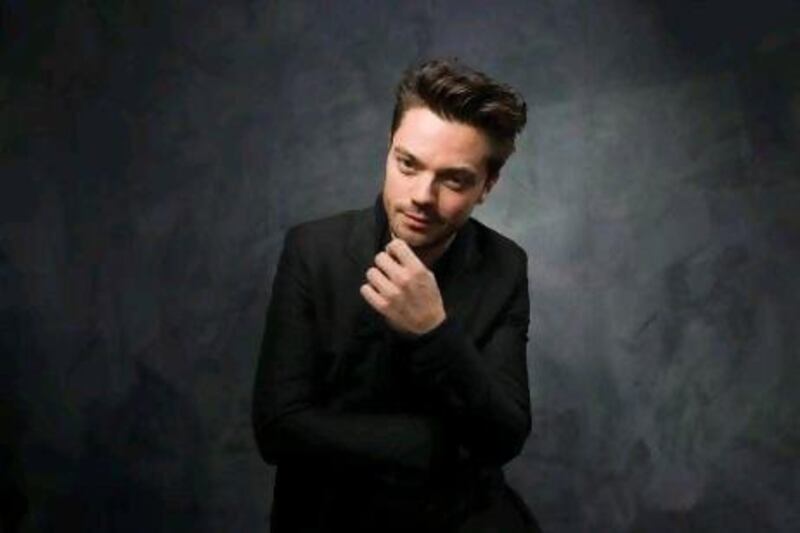Lee Tamahori, the director of The Devil's Double, made a wise decision in exaggerating the story of Uday Hussein for the big screen. Rather than go for a realistic portrait of the son of the former Iraqi president Saddam Hussein, the director plays up the weirdness and excess of the man, in a tale based on the memoirs of Latif Yahia, someone who claims inside knowledge of the Husseins due to having been both the bodyguard and the body double of Uday Hussein. When Uday didn't want to go to an event, or it was deemed too dangerous, he would send Latif in his stead.
To ensure that the crowds never got wind of the trick, Latif went through some minor plastic surgery and was forced to learn how to act like Uday, a man with a fearsome reputation for bullishness, bravado and brutality. The film and Latif maintain that everything that happened was done under duress. These elements are shown in graphic detail and also played for laughs.
In a career-defining performance, the British actor Dominic Cooper plays both Uday and Latif. It's a performance of some magnitude. More used to playing demure pretty boys in The History Boys and My Week with Marilyn, the actor veers into madness with a character that has a lot of Scarface's Tony Montana about him. Who knew that the 33-year-old actor had it in him?
"I'm so lucky," says Cooper about landing the role. "It was something I pursued - it is the one job that I remembered and pursued constantly - and when it came through I was overjoyed at the opportunity offered. It's always a risk when you take on a role like this and you have to have huge trust in the director that they can do this, to have big comparisons between the characters and would the person be able to do it. I saw immediately from meeting Lee his passion for the project and incredible energy to what he wanted the film to be; we were both in the same place."
Subtlety has never been the forte of Tamahori. He came to prominence with the Maori drama Once We're Warriors, which was full of masculine bravado and tearful repercussions. His big-budget Bond, Die Another Day, was Pierce Brosnan's last 007 escapade. The director plays to his melodramatic strengths, telling the tale of the egomaniac with tongue firmly in cheek.
This all does lead to the question: how much of the tale is true? What is made up by Latif and, then, how many liberties has the director taken using artistic licence?
Latif Yahia insists: "The movie is very well done, it's close to the truth, a high percentage, a very high percentage." Quite remarkably, he adds when talking about a movie packed with violence and lewdness: "The violence - it was nothing compared to the reality."
Yahia now lives in Ireland and claims that he is under surveillance and fearful for his life both from Iraqis still sympathetic to the former leader and the FBI, keen to find out as much information as possible from him. There remain big questions about his version of events, although there is no doubt that the Husseins used doubles as stand-ins and were brutal in meting out punishments.
Cooper for his part states: "My biggest problem was having minimal compassion for a man who was ultimately a monster and a man who had no restrictions and control and did things for reasons I couldn't fathom at all. I have always worked from that place that if you are going to inhabit someone and get under their eyes, you need to have empathy."
What he delivers is a rambunctious interpretation of a tale in which it's almost impossible to tell truth from fiction.
• The Devil's Double opens in UAE cinemas today
Follow
Arts & Life on Twitter
to keep up with all the latest news and events
[ @LifeNationalUAE ]











